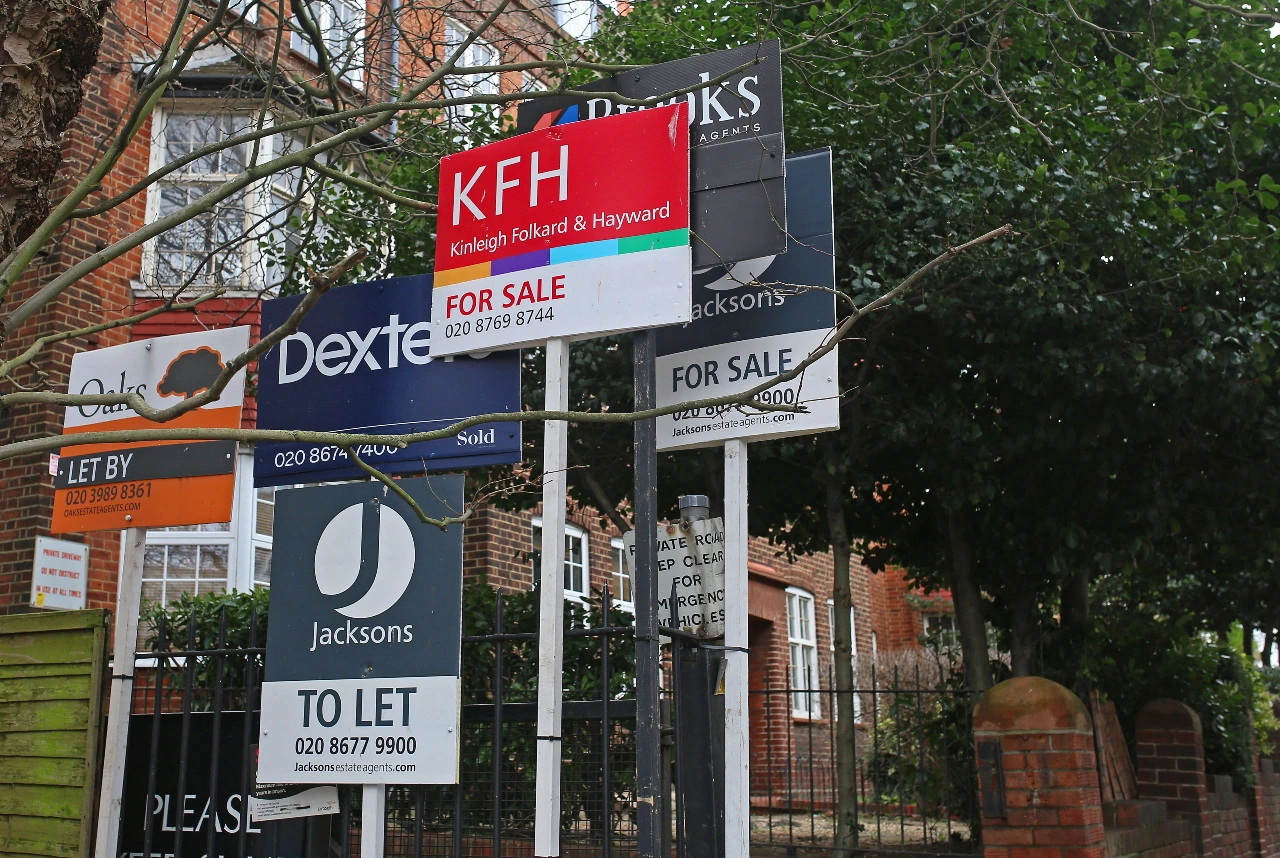
Private rents saw the highest increase since records began in May, according to new data published by the Office for National Statistics (ONS).
The latest edition of the private housing index showed that UK-wide private rental prices rose by 5% between May 2022 and May 2023 – the largest increase since the ONS started collecting UK-wide data in 2016.

Together with rampant food inflation and skyrocketing bills over the past year, this is the latest pinch putting tenants at the heart of the housing crisis in cities.
“While some of this can be attributed to landlords passing on increases in mortgage rates, rents have been rising at unsustainable levels long before the recent interest rate rises,” Anny Cullum, Policy and Research Officer at the ACORN renters’ union told City Monitor.
“We’re seeing some landlords cashing in on rising prices and letting agents in some areas even encourage prospective renters to bid against each other over the advertised price, artificially inflating prices.”
This is just the latest in a series of similar increases. In February 2023, City Monitor reported on what was then the highest-ever rent increase, and since then the record for the UK has been broken or met for four consecutive months.
In England, where records go back further, the latest increase of 4.9% was the highest since they began in 2006.
On a regional level, the increase in rent was relatively consistent across the country with no area seeing less than a 4% rise. Scotland, however, saw the steepest jump at 5.4%, followed by the West Midlands at 5.2% and London tied with Yorkshire and the Humber at 5.1%.
Why are rents increasing so fast?
The main driver behind the crisis appears to be supply outstripping demand in the face of turmoil in the housing market and wider economy.
There are increasing numbers of tenants looking for rented accommodation while, at the same time, many buy-to-let landlords are shedding properties with fewer new replacements
Rising interest rates are also a core part of the growing rental crisis. It is common for buy-to-let landlords to either pass on the increased mortgage payments to their tenants or sell their properties and exacerbate the rental supply shortage.
And with the Bank of England’s recent decision to increase rates again to 5% – the 13th increase of its kind in less than two years – the likelihood is that the trend will continue without support for renters.
Will rents ever decrease?
To the average person, it would seem unsustainable for rents, as well as mortgage costs, to increase at the current rate while wages fail to keep up and the cost of living soars.
Typically these situations would result in a housing crash, such as in 1991 or 2008, but as the New Statesman reports, the likelihood is that this will be a long, protracted housing crisis as opposed to the short, sharp crashes of old.
That means that with high interest rates here to stay for the foreseeable and fixed rates ending over the next five years, knock-on effects for renters are unlikely to go away any time soon. House prices may level out or perhaps even fall, but that is of small comfort to those who are trapped in the private rental sector.
Cullum says that the only solution is ambitious government action: “Rent controls are a sensible solution that could be enacted almost immediately to help improve security for renters.
“But ultimately, until we break the reliance on the unsustainable and unsuitable private rental sector by a serious increase in council house building, the basic need of a decent and affordable home for everyone will not be met.”
Whether either of these would be considered is likely a question for the next government – be it Conservative or more likely Labour, judging by polls. But as the tide of politics turns toward a battle over fiscal credibility, that kind of intervention may not be on the cards.
[Read more: Is gentrification good for you?]






